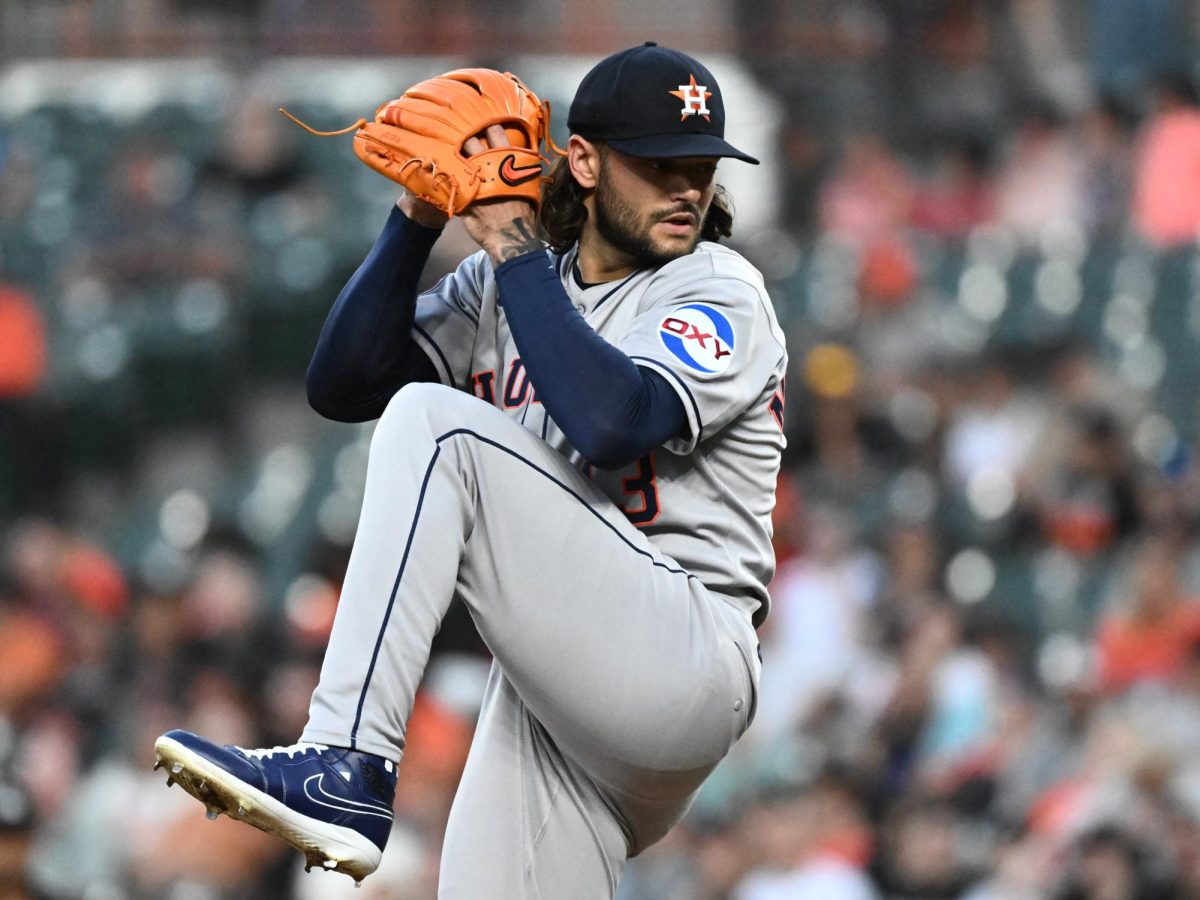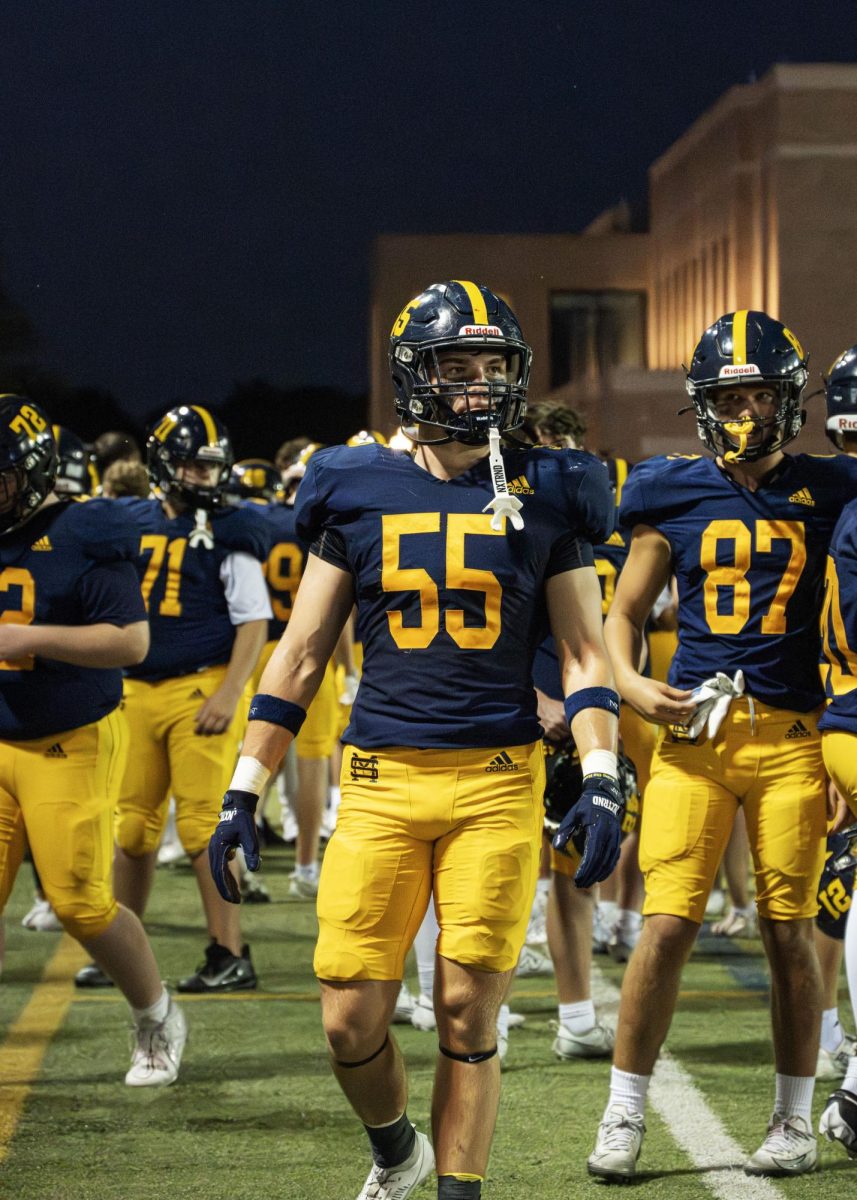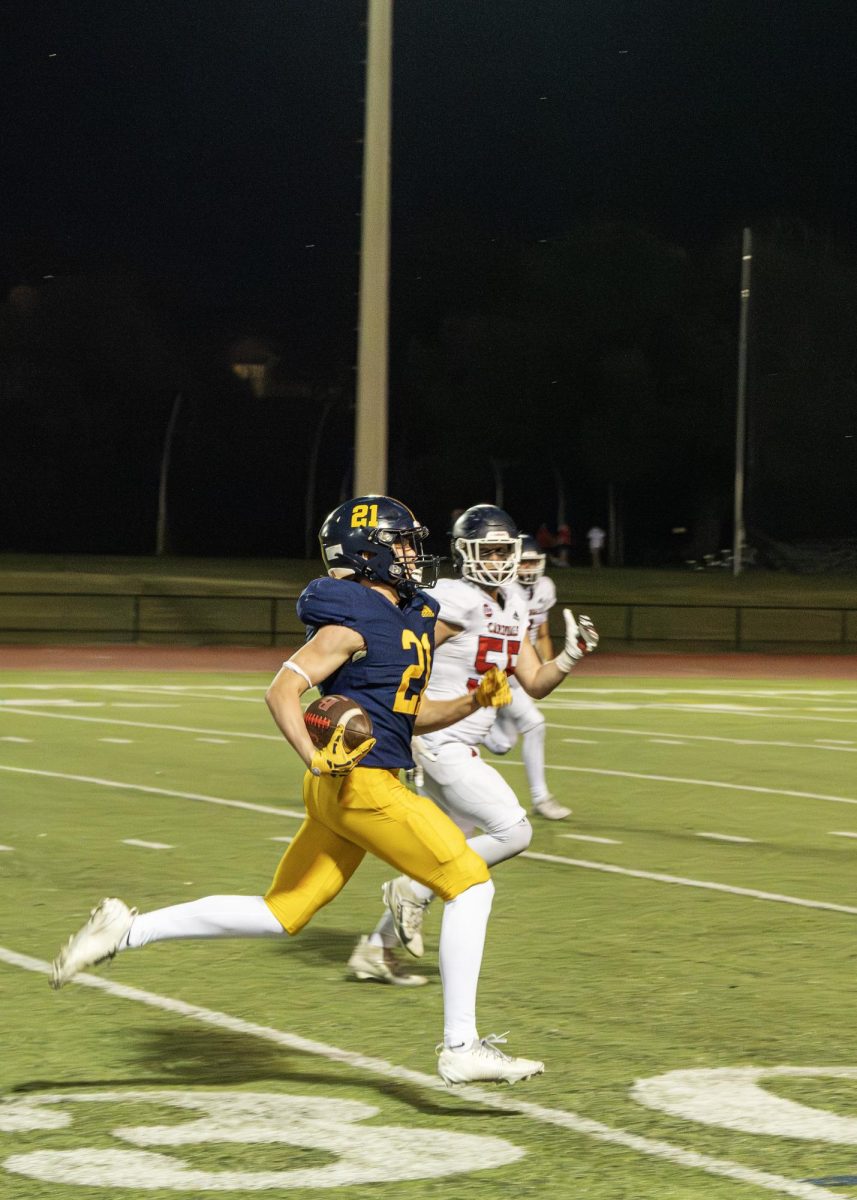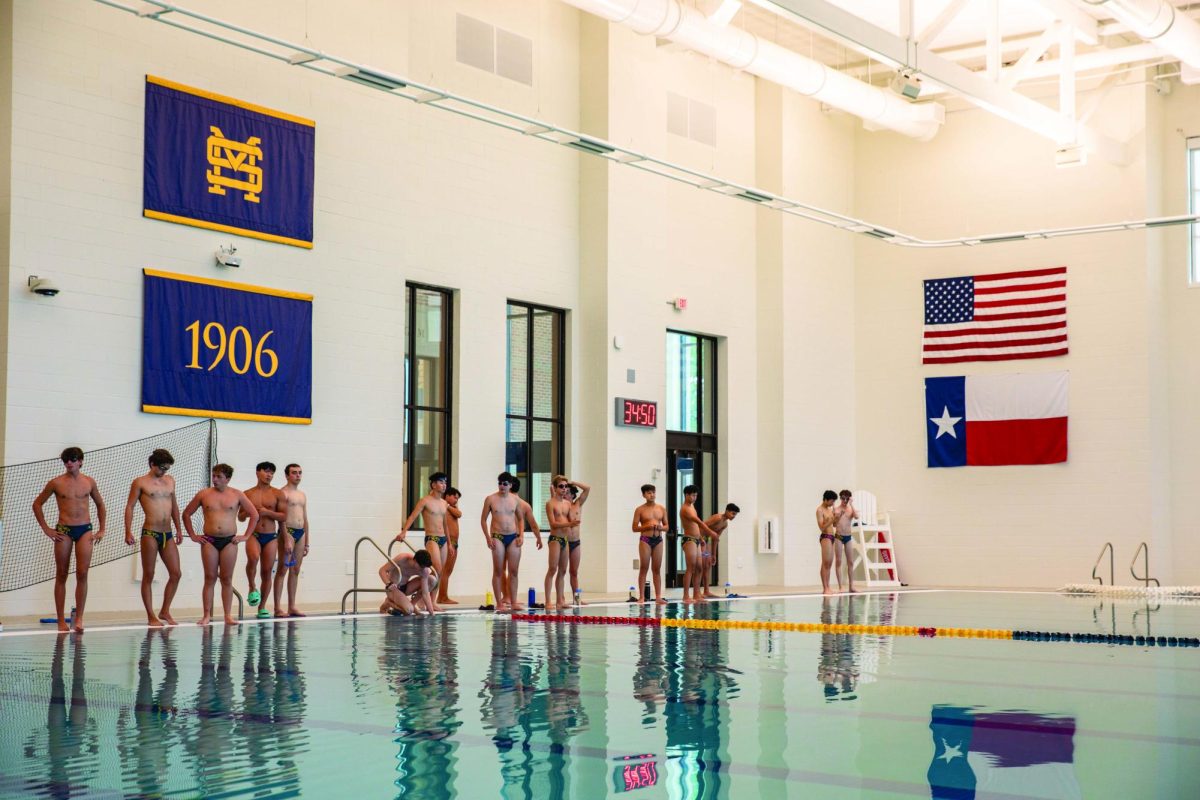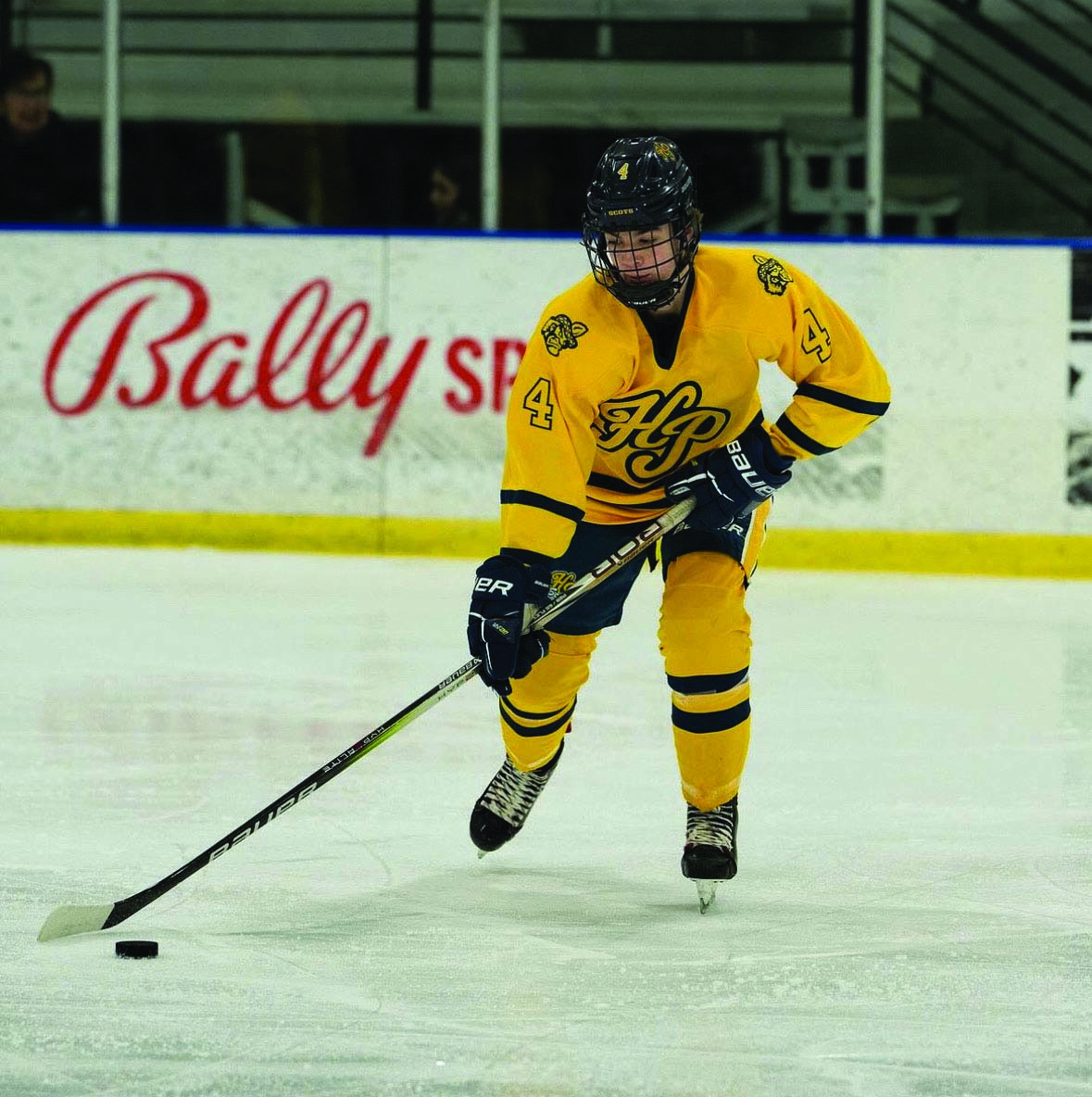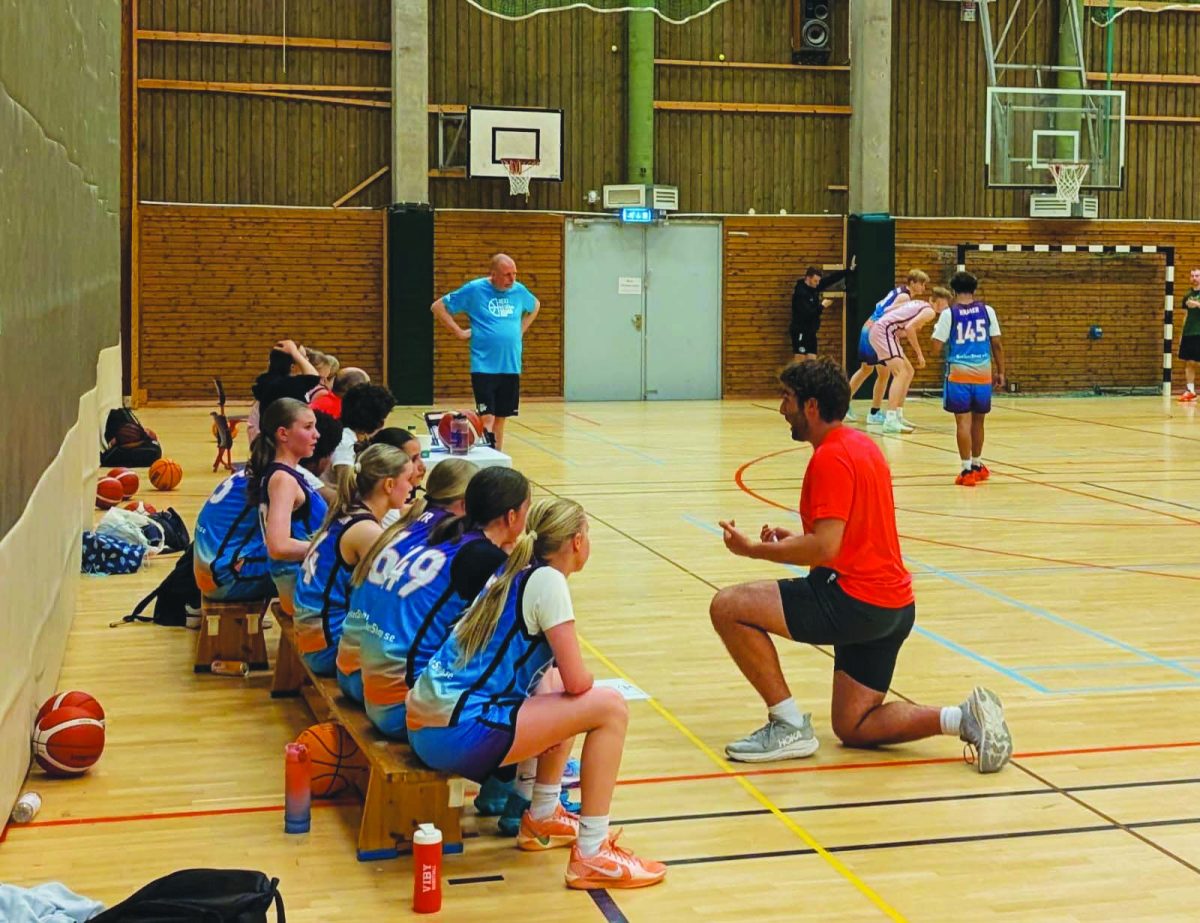The mathematics department, although joined together by numbers, is separated over sports. While some math teachers see numbers in everything, including sports, others say the two couldn’t be further apart.
For Shane May, the Thomas B. Walker III ’73 Mathematics Department Chair, mathematics and sports go hand in hand. A dedicated fan of the Houston Astros, Houston Texans and Houston Cougars, May often connects his expertise in mathematics with his knowledge of sports.
“I love (sports) statistics, especially the statistical analysis that they do in baseball now,” May said. “Sports science is really interesting.”
However, Dr. Zuming Feng, the Suzanne and Patrick McGee Family Master Teaching Chair in Mathematics and a long-time soccer fan, sees no connection between the two. For him, watching soccer is purely for his entertainment, nothing more. His ability to accurately recall big games and great goals is nothing short of impressive, though he insists that it has nothing to do with his mathematics background.
“Math is math. Sports are sports. They’re two completely unrelated topics,” Feng said.
While some insist that the two topics are related, Feng pushes back, arguing that sports statistics are inaccurate not only because the sample space for these statistics is too narrow, but also because there are too many external factors that could influence the outcome of a player or game, including the time, location, weather, referee and pressure.
“People try to say sports and math connect through statistics, but that is not the case. There is absolutely no correlation between mathematics and (sports) statistics whatsoever,” Feng said. “There are so many external factors that can make such a difference; a simple statistic will never be accurate.”
Feng also specifically highlights the unhealthy nature of sports.
“Sports culture, especially college sports, is very toxic. People act like it’s mandatory to be a fan,” Feng said. “Watching sports is optional. It should always be optional. You should never feel pressured to treat it like an obligation.”
Director of Academic Information Systems and avid Ohio State fan Paul Mlakar shares a mixed opinion on his experiences with math and sports, particularly when they intersect.
“My desire to become a math teacher didn’t really have anything to do with sports… Maybe the fact that I wasn’t very good at sports, but I was good at math, led me to become a math teacher,” Mlakar said.
Though he relatively enjoys the hardcore culture of college sports, Mlakar makes it clear that he now prioritizes other aspects of his life over his sports fandom.
“If my daughter doesn’t have a soccer game on Saturday, then I’m probably going to watch the Ohio State game. But I don’t prioritize Ohio State games over my family,” he said.
Feng, looking back on his college days, particularly aims to avoid this so-called “culture” of prioritizing sports over what he considers more important aspects of living.
“When I first came to America as an 18-year-old, I almost got lured into the culture of putting sports above all else. Now it’s my goal to stay away from it,” Feng said. “As my good friend once said, ‘At the end of the day, if the Cowboys win the Super Bowl, you’re not getting an extra piece of bacon on your plate.’”
Categories:
Sports create friendly divide in math department
September 26, 2025
Friendly debates about the importance of math and sports have divided members of the math department
More to Discover
About the Contributor
Jay Panta, Staff Writer


